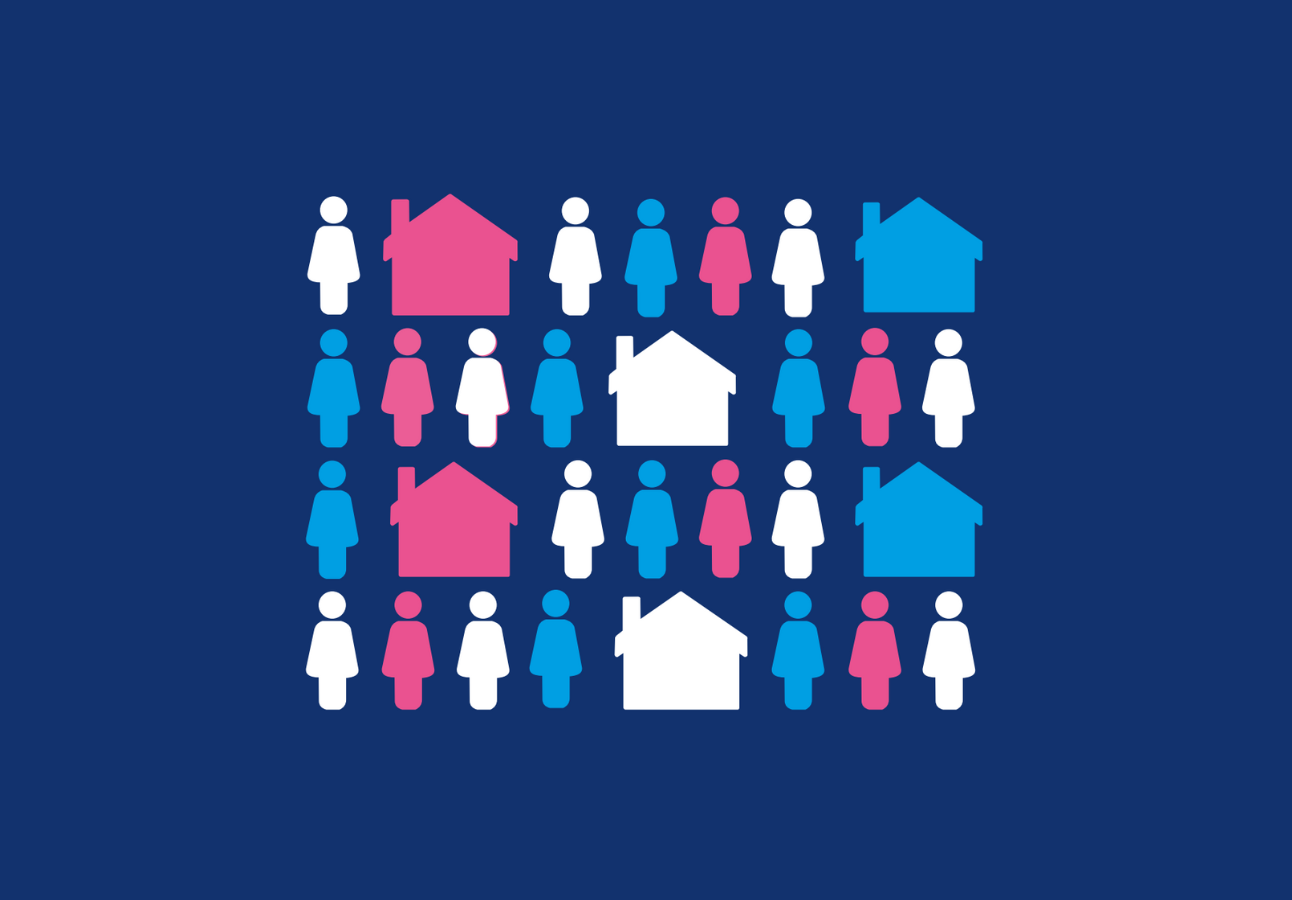When Lucy McDonald, SafeLives’ Programme Lead for Scotland, asked me if I would like to be involved in domestic abuse training for the Wheatley Group I was immediately interested. Having worked in a large IDAA service for 15 years I’ve seen first-hand that housing can be a huge barrier for victims experiencing domestic abuse, often resulting in them being unable to leave high risk situations. The narrative around safety and domestic abuse is often centred on the victim leaving yet we should be asking why that is; when the least disruption is felt by the perpetrator. Strides have been taken in Scotland to link up the response to domestic abuse and the home and our housing associations play a key part. Housing associations are one of the few agencies that have legitimacy to be in the homes of victims and may be the only ones with any regular contact. They have the potential to identify ‘invisible’ victims of domestic abuse who may not yet have reported to the police.
Andrea, another SafeLives trainer, and I delivered several risk identification training days to Wheatley staff. Evaluations were positive, and the staff team were incredibly engaged, recognising the importance of their role and wanting to know more about how they could respond appropriately and safely. From those initial sessions came a request from Wheatley to roll out a one-day training programme to approximately 500 staff, using a Train the Trainer model. After collaboration with our colleagues in Wheatley, we decided on what would be important to include the key messages required to support the staff in their learning.
Engaging – I have not come away with ‘the fear’ which is the first time for at training on this topic. Thank you
Previous Learner
As well as the face to face element of the delivery, SafeLives created an e-learning package to support the training, covering things such as the new domestic abuse legislation, risk identification and local support services.
The SafeLives team then produced a two day Train the Trainer package that would be delivered to both SafeLives domestic abuse expert trainers and selected Wheatley staff, giving them the opportunity to test the materials in a safe and constructive way. The innovate delivery model to Wheatley was set up for two trainers, one a DA specialist and the other a housing expert. This gave credibility to the training and modelled working in partnership. The trainers from housing knew first-hand of the challenges facing frontline workers and were able to answer questions and reassure them that they would be supported.
I was fortunate enough to deliver several of the days along with housing trainers and the whole experience was amazing. I initially felt there may be some resistance but instead I met enthusiastic learners keen to participate who truly wanted the best for the clients they worked with. Word quickly spread that it was an interesting, participative training which will have helped with the levels of engagement we had. The training was designed to appeal to different learning styles with a mixture of presentation, small group exercises and skills practice. Anyone who has ever been a trainer will know not to call it roleplay
The course is very real and gives you more confidence in how to support someone experiencing domestic abuse
Previous Learner
In attendance were staff from different job roles within Wheatley – all of whom could come across victims of domestic abuse in different ways. This may be when the perpetrator is not paying the rent or regularly damages the property, or when the victim asks for a management transfer, or if there are noise complaints. All of these present the opportunity to ask the question, follow it up with risk assessment if appropriate, complete safety planning and referrals into other processes such as MARAC. Workers felt reassured that the multi-agency processes in place meant that they wouldn’t be managing high risk victims on their own. They also have an internal group protection team who are the ‘go to’ for anything that arises from the training or when they begin to put the approach into practice.
The face-to-face training was recently completed and we were delighted to learn that Wheatley Group had been nominated for a Chartered Institute of Housing (CIH) award for the learning around domestic abuse that came from the collaboration with SafeLives and the work we did together. Housing staff have a unique role in working directly with adult victims, children and the person using abuse. It’s a great step forward to be building on safe and informed practice when it comes to domestic abuse.
I got great advice and will help with my role as a Housing Official.
Previous Learner
About Fiona
Having trained in Youth and Community Work, Fiona McMullen worked in a Criminal Justice Setting for several years before joining ASSIST where she is now Operations Manager, responsible for Glasgow and Lanarkshire services and the Children’s Advocacy Service. Fiona is also an Associate Trainer for SafeLives, training the Crown Office and Procurator Fiscal Service, Housing and Health services, as well as delivering DA Matters, a culture change programme to train Scotland’s 14,000 police officers on responding to domestic abuse.


